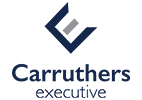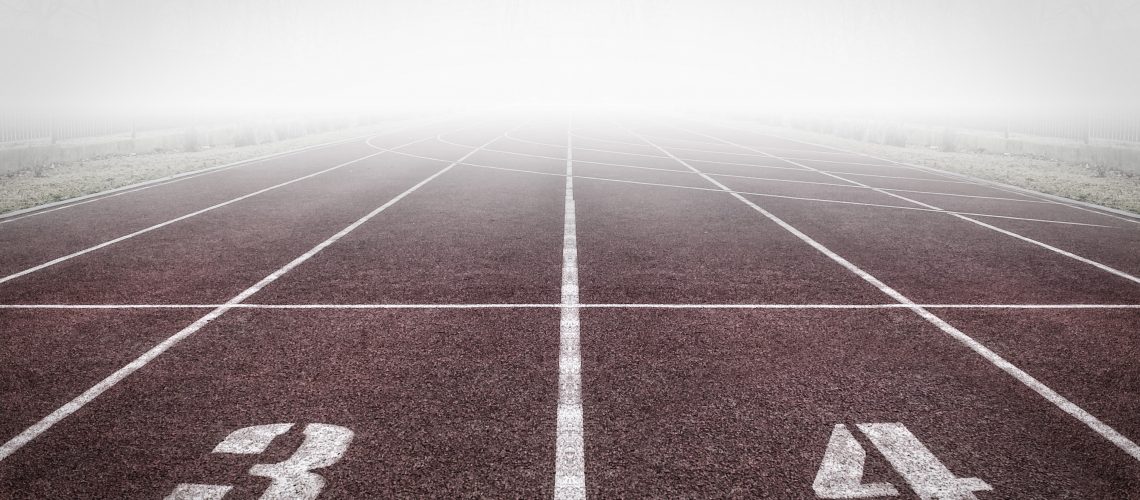As a former Olympic athlete, my career has taken a slightly different path to many of the people I work with through my Executive Search and Coaching business. As a sportsperson, so many fantastic opportunities are presented to you, and doors are opened which you may never have experienced by following more traditional pathways into full-time employment.
What is really interesting about all of these opportunities, and all of these open doors, is that all too often they amount to nothing in terms of building a meaningful professional career for oneself after an elite sporting career.
I had the absolute privilege of representing Australia at the 1996 Atlanta Olympics, winning bronze in hockey with the support of an incredibly talented team, and I know all too well what is involved in reaching the highest levels of sporting success, and how hard it is to think about anything else.
While you are training and competing, you can’t help but put 100% of your effort into your sport. It’s what you love to do. It’s where your friends and teammates are. It’s where you are at 5:00am every morning, and late into the evenings every night.
The thing about passion, is that it can be all-consuming. I know so many amazing sportspeople who have reached the end of their sporting careers without once taking the time to pause and ask “What next?”
I can personally attest to just how important it is to take a long term view from the very beginning, because the harsh reality is that it can all be over in an instant. A career where we rely so heavily on our bodies can never last forever, so with the prospect of sudden retirement through injury, being left out of a team, or a change in personal circumstances, how do we prepare ourselves for a life after sport?
Firstly, it’s important to recognise just how many of your current skills are transferrable to the world of work. Your discipline, your organisation and planning skills, your dedication and “never give up” attitude. All of these things will be highly valued by an employer.
Secondly, have a think about all of the tools and support systems you have at your disposal. For me, having a supportive network of family and friends was absolutely vital. I had career oriented people around me, which made a big difference, and support within my sport. The high performance coaches I trained with were interested in my life outside of sport and encouraged me to think about what I wanted to do once my hockey career was over. My own personal drive to succeed played a big role as well.
I was lucky because I didn’t have to seek these people out, but at all levels of sport in Australia, there are people who are there to give you the support you need. Talk to your coach, or contact your relevant sporting body to ask what services are available to help you start thinking about your future career. Individuals from a range of professional backgrounds often seek out a career coach for mentoring and advice on career transitions, and these coaches will be more than happy to work through your options with you.
One of the most important parts of this process though, is identifying what it is YOU want to be doing with your life. Think about your skills, and interests. Some of these things may relate to sport, but it can help to think outside of the box with this. Write a list of the types of jobs you might like to have, and talk to other people about the pathways they used to get to where they are. If additional qualifications including further study, or work experience might help you further down the track, start thinking about these things NOW and take a proactive approach to building your employability skills before you actually need to draw on them.
There are countless famous sportspeople who have shaped exciting careers for themselves after their competitive sporting years are behind them.
Michael Klim was a gold medallist and world record holder in swimming, at Olympics including the 2000 Summer Olympics in Sydney, and is now the founder of a successful men’s skincare range called ‘Milk’.
Nova Peris is one of Australia’s many prominent Indigenous sports stars, and was part of the gold medal winning female hockey team at the 1996 Atlanta Olympics, who has since turned her attention to politics, as a recent Senator for the Northern Territory.
Wesfarmers CEO Robert Scott has reached one of the highest levels of professional success, leading one of Australia’s most prominent companies, and building a prolific career for himself after winning multiple Olympic medals as a rower representing Australia throughout the 1990s.
Each of these individuals recognised that while their sporting career had opened doors for them, building on key transferable skills and providing networking opportunities, it was their responsibility to capitalise on these opportunities.
For every elite athlete, there will come a time (perhaps many), when you have to ask yourself what comes next. Your career life-cycle might be hard to predict at this stage, but it is your responsibility to set yourself up for future success, and with so many fantastic tools at your disposal, there is no time like the present!


